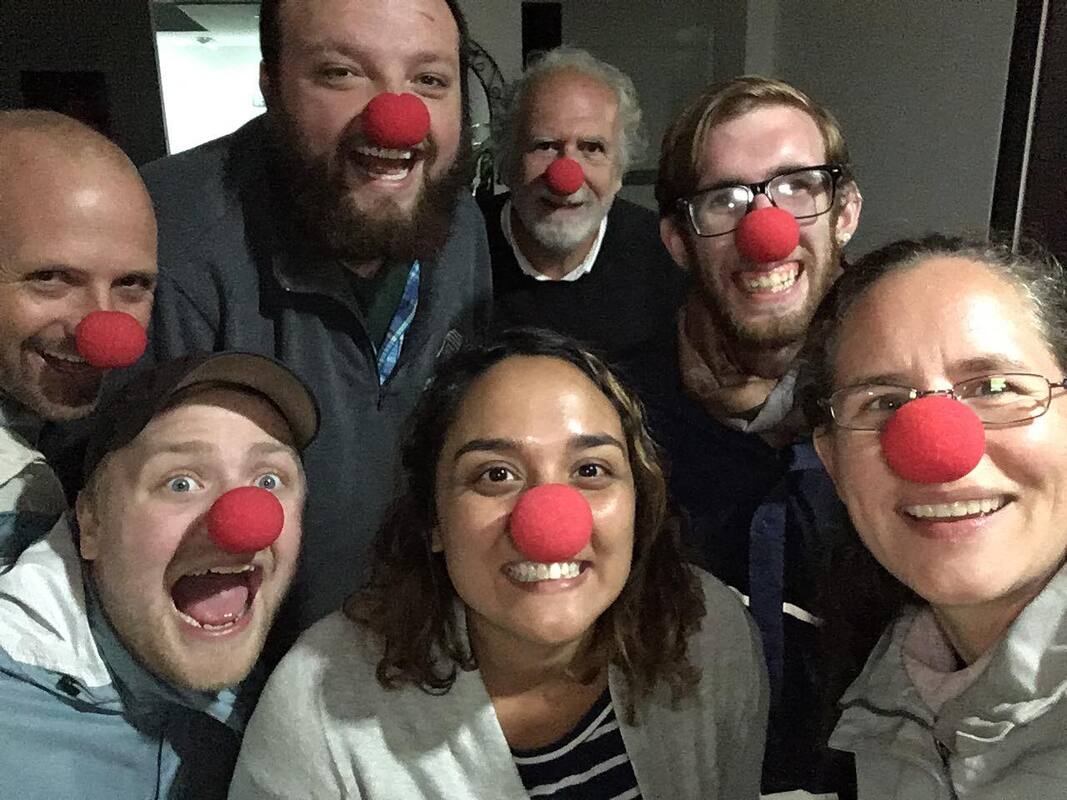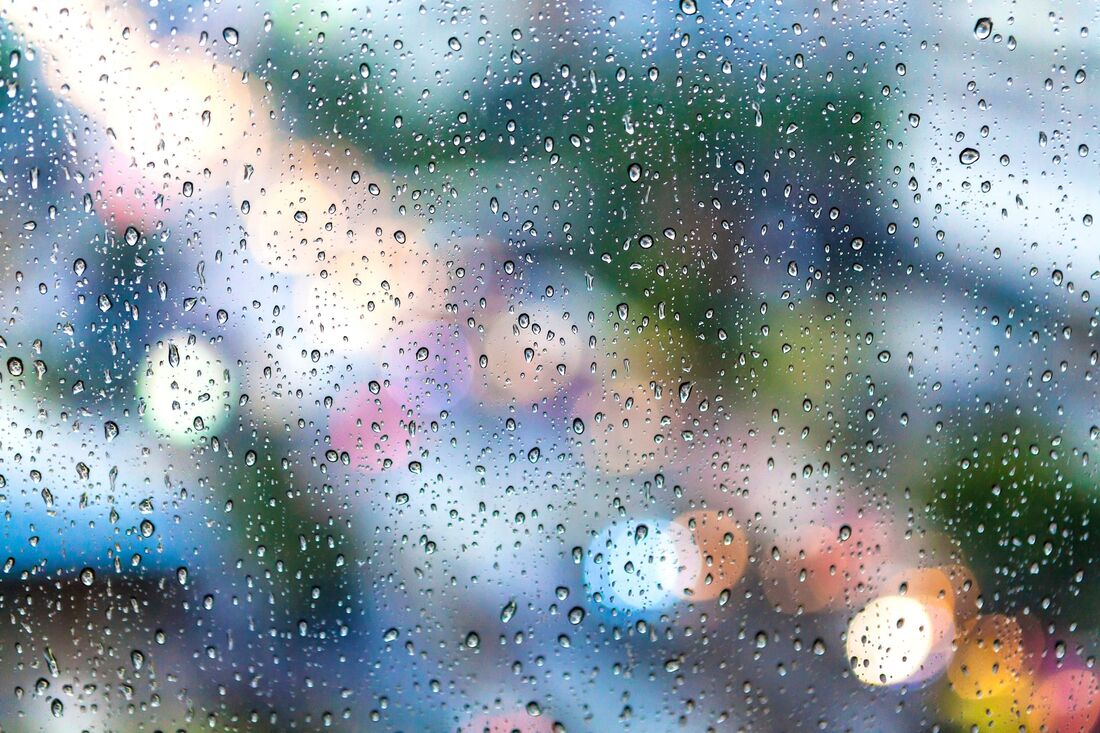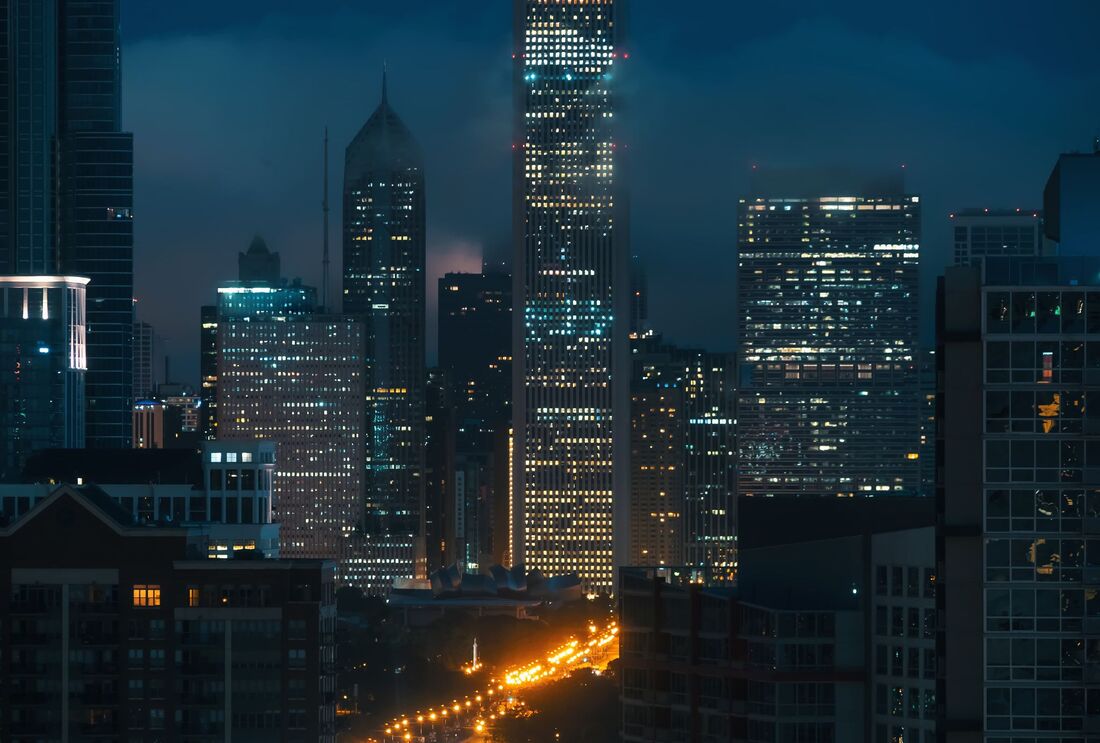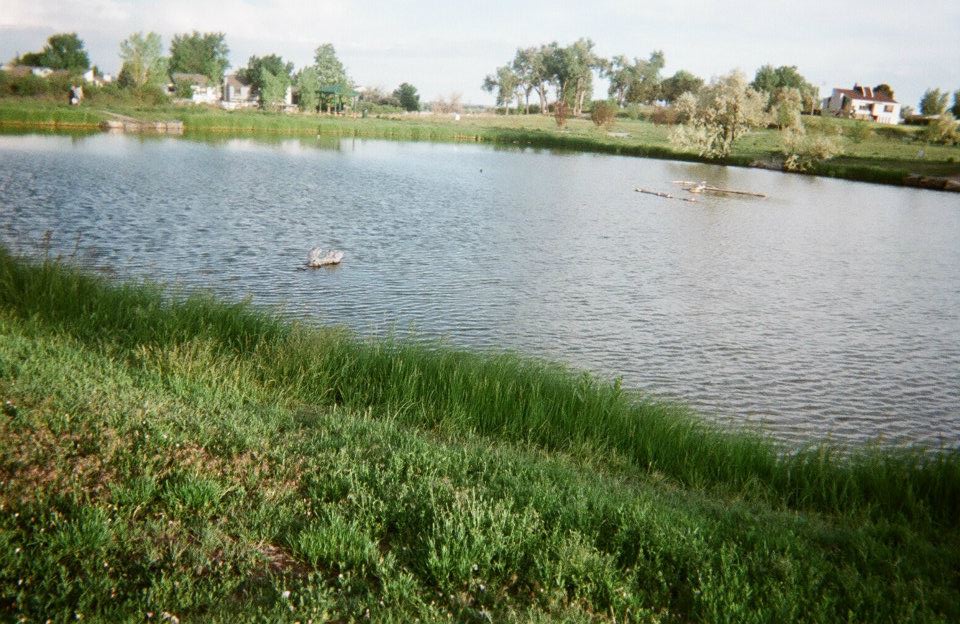 "Jesus raised his eyes to his disciples and said: 'Happy are you who are poor, because God’s kingdom is yours. 21 Happy are you who hunger now, because you will be satisfied. Happy are you who weep now, because you will laugh. 22 Happy are you when people hate you, reject you, insult you, and condemn your name as evil because of the Human One. 23 Rejoice when that happens! Leap for joy because you have a great reward in heaven. Their ancestors did the same things to the prophets.'" - Luke 6: 2-23 (CEB) About four years ago, I went on a human rights delegation to Colombia with Community Peacemaker Teams. I went with an old college friend, like good Anabaptist-ish Christians. The delegation was focused on women survivors of the civil wars, and it mainly focused on the injustice of the drug trade and state corruption. One of the delegates that went along was named Philip. Everywhere he went, he carried around clown noses to hand out to people. It quickly became more of an in-team thing and a way to add humor to an otherwise tense setting. When the team’s chemistry seemed off, he would pop on a clown nose and everyone would start laughing. It was his own way of peacemaking. There was one riverside village we visited that was under the constant risk of illegal eviction. The women of the village were the ones to oppose them the strongest. The powers that be didn’t like that, so they tore down a home while armed soldiers kept the communities back. When we visited, we saw on the walls in Spanish the words: “God is love.” Despite everything they had faced, they found a way to continue celebrating. There was more laughter in that community than there was anywhere else. We danced and we took selfies with clown noses. We woke up at midnight to throw a surprise birthday celebration for one of the team members. She stumbled out and stared at us with blank eyes as we blasted Spanish pop music into her room. My birthday was two days later, so I turned to one of the team members and said, “If you do this, I'll feel pressure to violate my peace witness.” And sure enough, I saw in the corner Philip popping on a clown nose in the middle of singing. It seems strange, doesn’t it? Why would people make jokes or have a sense of humor during such a tense, hard time? Well, despite humor being something that helps relieve stress, it’s also a sign of resistance. Willie Jennings once observed that joy is an ultimate act of resistance against oppression, because no matter what the world does to the church - we can still find a way to celebrate and hold onto joy because it is a glimpse of the Kingdom of Heaven. That is what Jesus promises his audience here. He is looking at a group of people who are used to being oppressed. They want freedom. And yet, he is telling them that the Kingdom of Heaven will be found in laughter and joy. When we gather around to celebrate Holy Humor Sunday, or as it is traditionally understood as Bright Sunday, we are not just gathering around telling jokes like buddies at a bar. We are celebrating a day when there will be no more war, no more suffering, and no more loss. We are celebrating God’s promise that, even though there is COVID, political unrest, war, that if we look at the writing on the wall, we will see that God is love. It’s okay to laugh. It’s okay to celebrate when things are terrible. It’s okay to put on our clown noses. As this passage says, we aren’t celebrating because things are going well. We are celebrating because we know God has the final word. So as we share jokes and laughter, listen to the Spirit underneath it - because the Spirit is sharing with us today that this is but a glimpse of things to come. God already has had the final word. Our response is to live a Jesus-looking life, and to remember that promise that one day things will be made right. Let us celebrate and remember that promise of continual resurrection. Let’s laugh with one another, and remember that we are never alone. The good news is even better than we think it is, and there is no better reason than that to celebrate and laugh.
0 Comments
 I recently started seeing a spiritual director as part of my self-care routine, and plus I never have experienced an interaction like that before. It's been really interesting so far. His recent challenge to me was to notice "rhythms of resurrection" in my own life, and to jot them down as they came up. Meaning: what is God bringing to life in front of me that reflects His care? So before all this, I thought I wasn't going to be a theologian. That academic-intense theology world fascinates me and I love reading it, but I wasn't sure if it was the world for me. But with this fiction getting picked up, I realized God was calling me to be a theologian - but in a completely different way than I thought. Many Friends in our past took pride in their storytelling abilities, and they kept records of their testimonies. Some Friends even wrote poetry. They saw writing as a natural outpouring of God's work in them. Their testimonies and lived faith was their theology. Thus far, the work that has been picked up has also been my most religious work - and it's all about finding Christianity in the messiest places. None of the stories give easy answers, and that's intentional. But the draw to them, I believe, is that they are explorations of faith in a way that feels real and universal. Long story short: I have found that the rhythms of resurrection in my own life have been noticing how God has used this once-dormant creative side of me. Other rhythms I have begun noticing are a love for things I haven't been able to fully enjoy since the beginning of the pandemic. Long walks, for example. With this lens in mind, I challenge people who read this to look at their own lives and notice how God is working. It's less about intellectualizing it and more about being curious. When we open our eyes to see how God is at work, we may find ourselves pleasantly surprised at what's being revealed.  I'm excited to share that one of my stories, "Step Nine", was picked up for publication for Esoterica Magazine. I don't have a publication date yet because we're waiting on the artist to finish an accompanying illustration for the story. I feel like a fancy boy. Look at me go. I thought it would be neat to share some of the inspiration behind this before it comes out, and share what I intended with the piece. We always tend to think we are the hero in our own stories without really considering when we're the villain. This story, put simply, is about a woman owning the fact that, for a lot of people in her life, she was the villain. And, as part of her sobriety journey, she decides to try to make amends with the person she hurt the most (which is a normal part of recovery and 12-step culture.) I wanted to capture the grittiness of a lot of the experience of someone in recovery - from the blunt language to the pace to the eventual release. I hope I captured it well! What made me approach this story was the theme of forgiveness. I have been reading a lot of Miroslav Volf's work around that theme, as well as studying Scriptures. I find it absolutely fascinating. The practice of confessing our sins and wrongs to each other in the ways the early church did it are not practiced in the same ways today. I also love taking night walks around Chicago, and I'm in the city twice a week. Every time a jogger passed by me, I'd try to imagine what their story was. In my mind's eye, I had this image of a woman jogging and trying to process heavy things in life. The story wrote itself from there - it's based on that feeling of Chicago's night life and that weird mixture of hope and despair in people you walk by. Most of my work is a love letter to screwups. It's the same way with my preaching. I always try to imagine someone going through the worst possible day in their lives stepping through the doors. I pray, and think, about what Jesus would have to say to their condition. A Gospel that doesn't know how to talk to the people hurting the most is not a Gospel worth believing. The editor actually emailed the story back at first and said she wanted me to smooth over a few things over, but she loved the idea of faith, addiction, and forgiveness wrapped up into one piece. This is a non-religious publication, and I try not to be too preachy in my fiction. But the fact that this was picked up during Holy Week, that it was sent back to be worked on so it could be better, and the fact that it took almost no time at all to get picked up, tells me I wasn't alone in writing this. Looking forward to the release of it, and I will keep you all updated on future endeavors as well. Click here for Esoterica Magazine's website. Here
I smoke with a priest. We are outside church talking about Your mysteries and grace. Remember that cigarette I had, next to that moonlit pond? We were talking about redemption. In between drags, I prayed: "Make sense of my life. Help me to find hope." With the extinguishing of sparks in the earth, You gave the ashes a new meaning. "Here is where hope is. Here is where resurrection happens. Here is where love grows. Here, things can begin again in places hidden and unseen. So stay Here. And trust." Eleven years later, I smile. I want to thank You, You see. For being There. I don't smoke much anymore. But when I do, I remember what that night felt like. You were right. Here matters. The priest laughs with me. I breathe in, breathe out. "Thank You for this moment," I silently pray and think. "And thank You for Here." (The picture is the actual pond where this prayer took place. I came across it in old journals. I remember being almost drowned in an overwhelming sense of love and suddenly wanting to pay attention to that moment. The rest wrote itself.) |

 RSS Feed
RSS Feed
